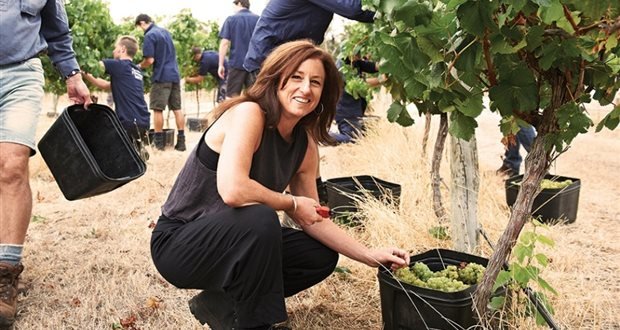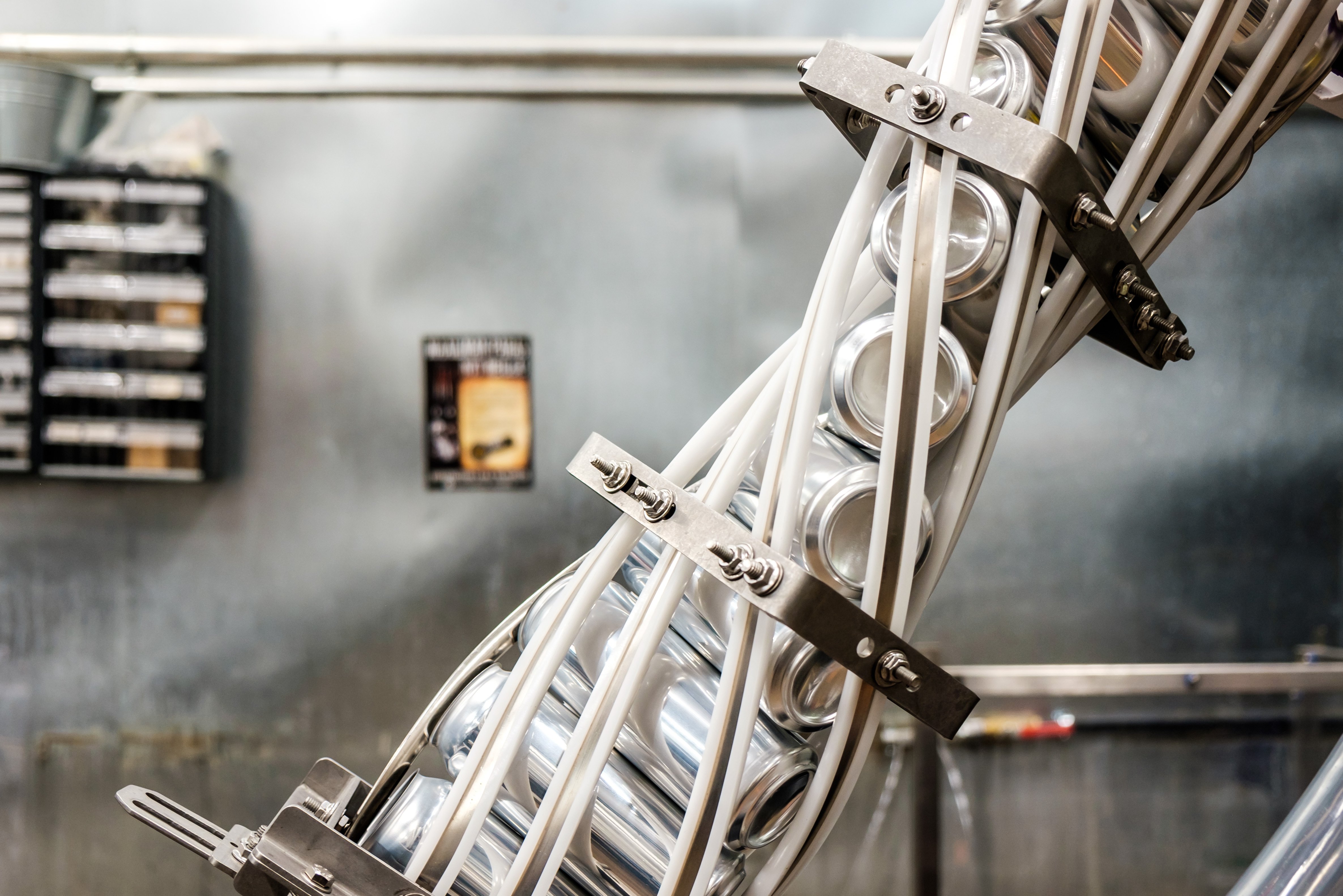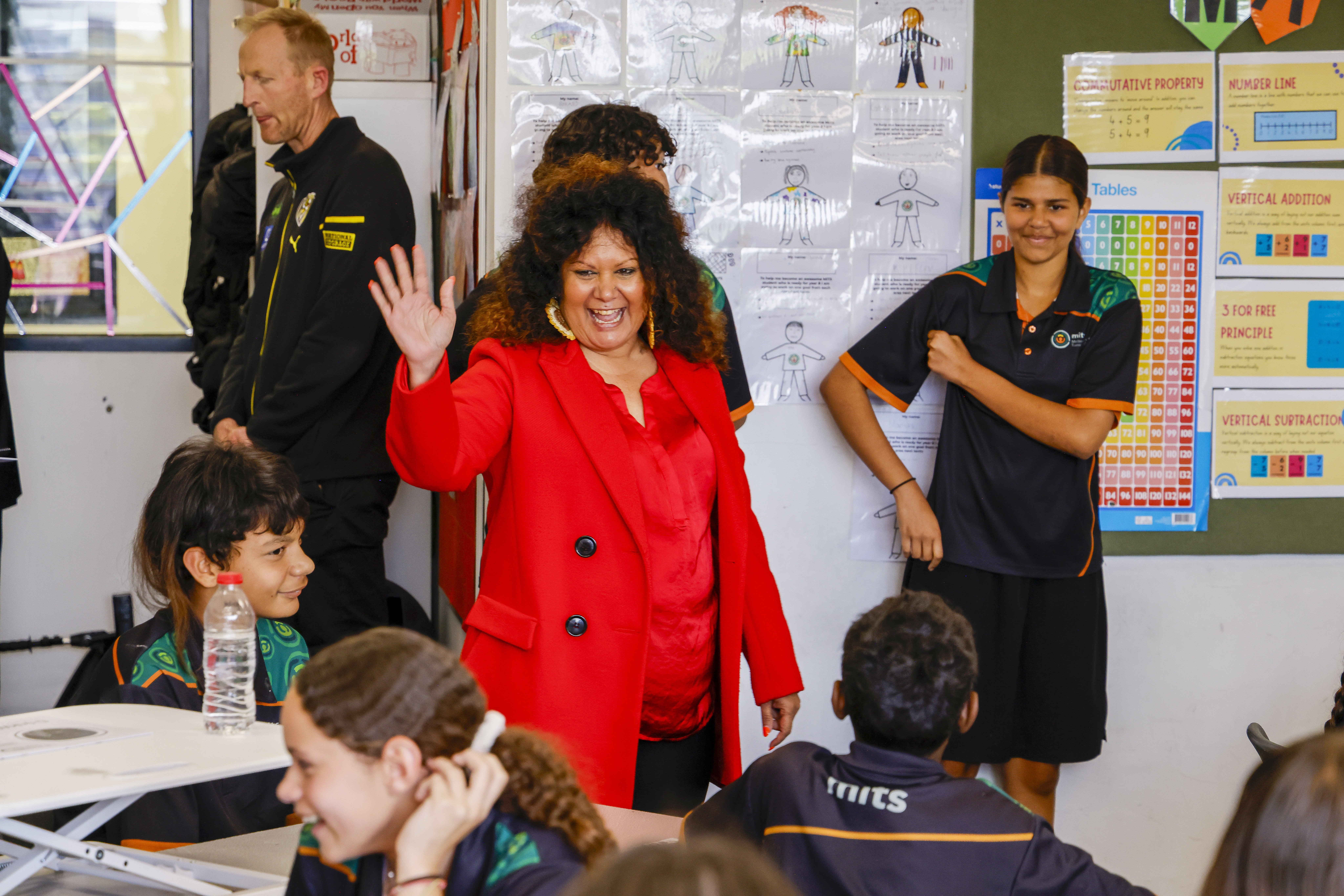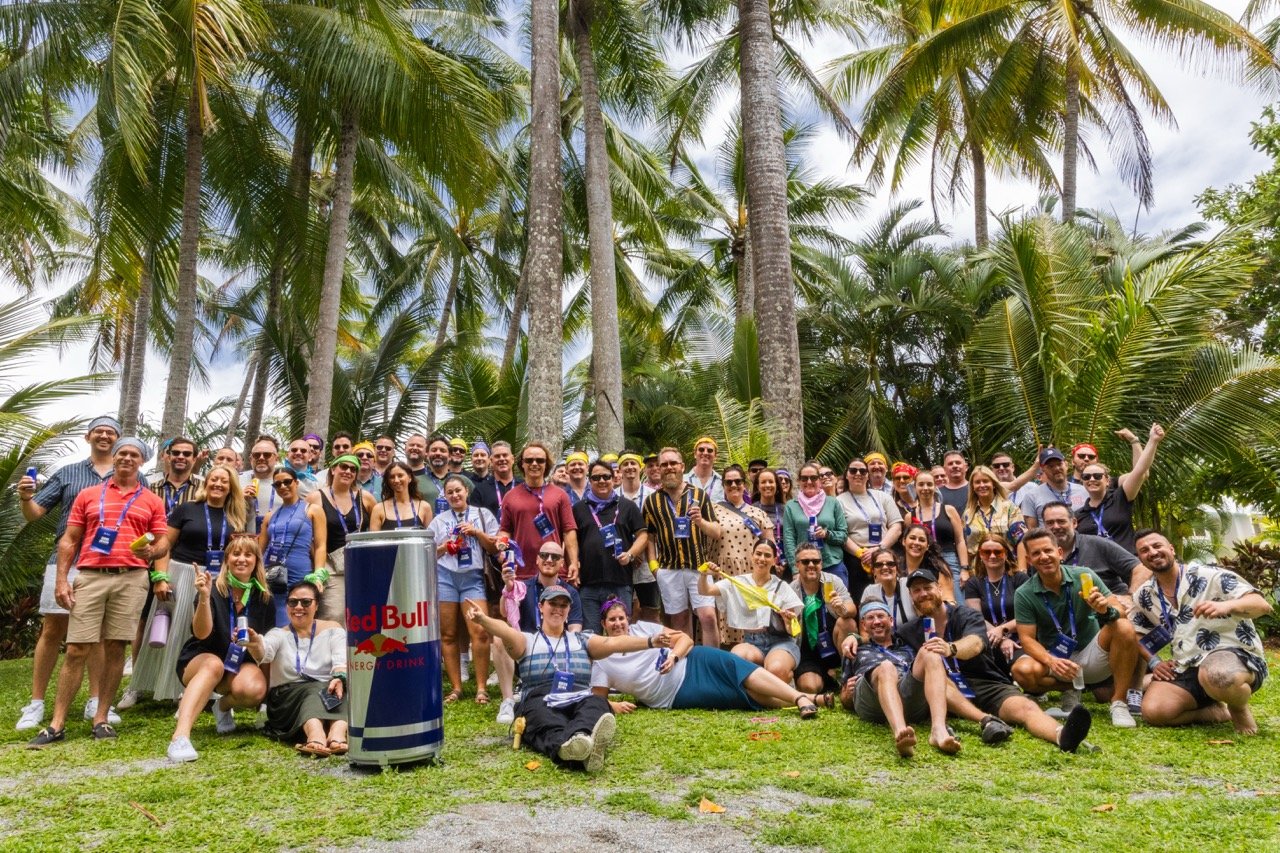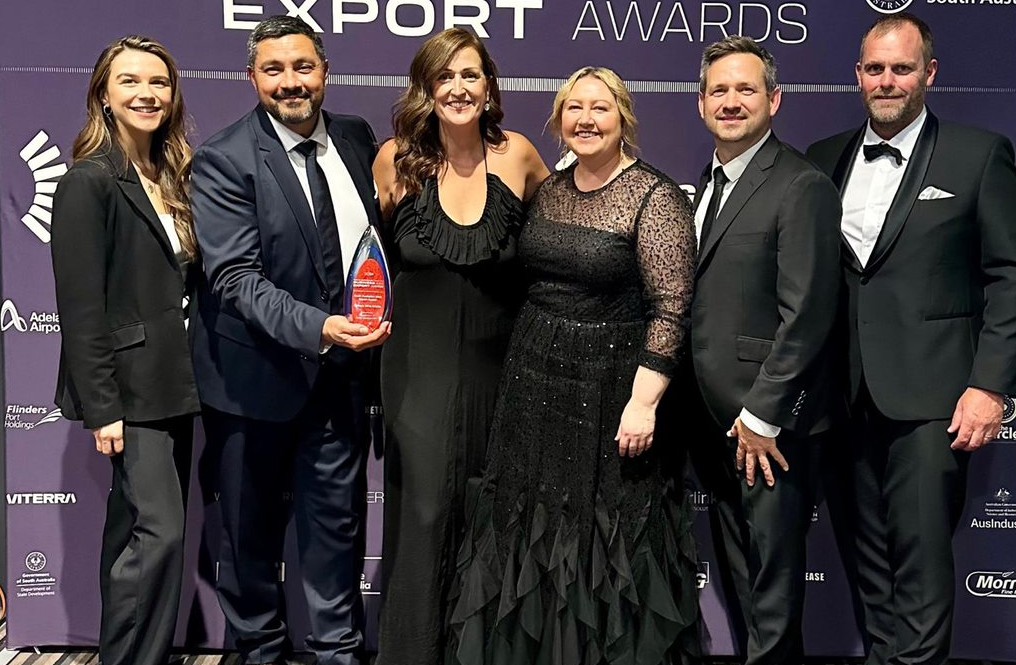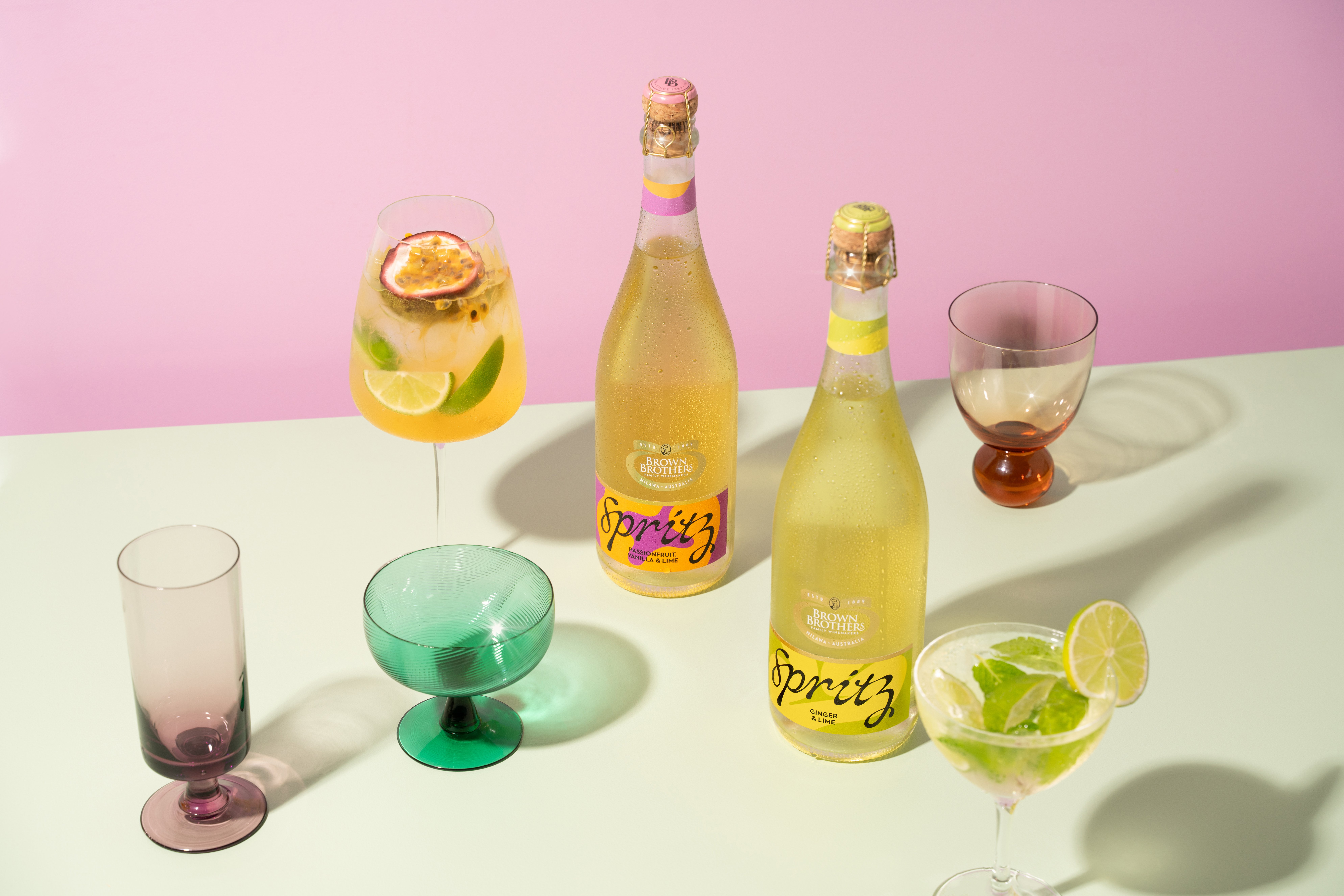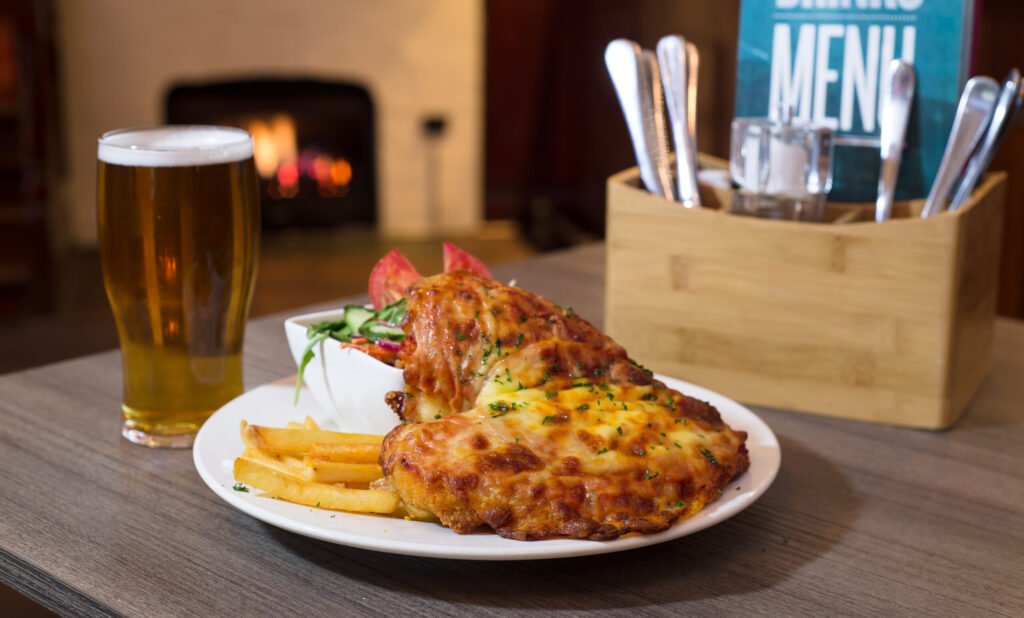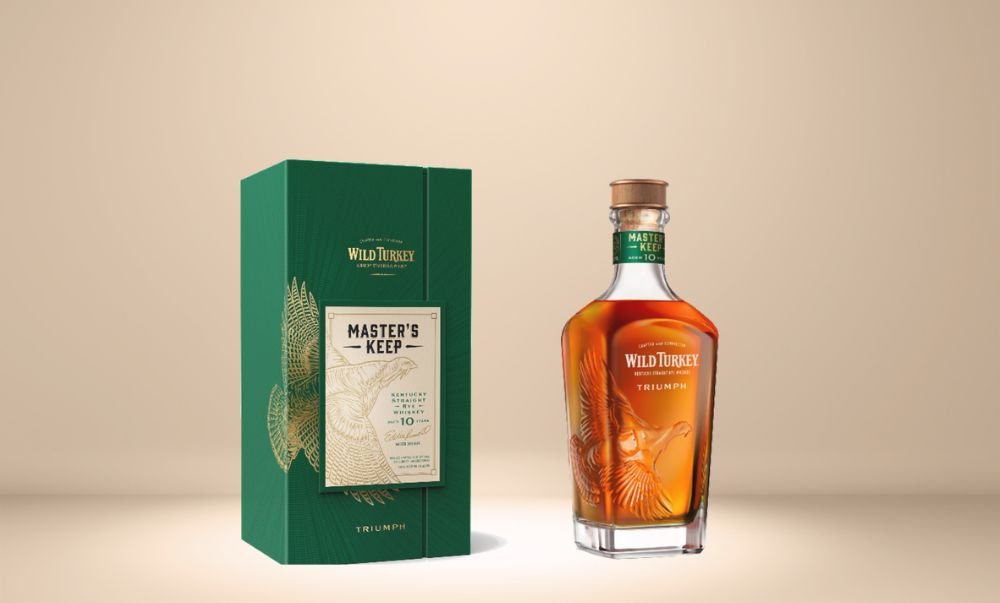Virginia Willcock, winner of Winemaker of the Year at the 2017 Australian Women in Wine Awards (AWIWA), talks to Ray Ruano about following her passion and the challenges of winemaking.
For more than a decade, Virginia Willcock has been spreading the word about the unique, thriving Margaret River region, which has helped shape Vasse Felix into the thriving, global wine estate it is today.
Vasse Felix is celebrating its 50th birthday this year and was recently rated the best new world winery in the world by US wine publication Wine Enthusiast.
As a respected authority on Margaret River winemaking, Wilcock has represented the unique region through media and trade conventions and as a wine show judge, while completing almost 25 vintages in Margaret River.
Her journey to becoming a winemaker
From the age of 15, Willcock knew the world of winemaking was for her.
"My parents had a little vineyard, north of Perth and one day my dad came home one day and said 'You can study winemaking’ and I went 'Wow! That’s exactly what I want to do'," Willcock recalls.
She went on to study winemaking at Roseworthy Agricultural College, which is now a part of the University of Adelaide.
“I loved the idea of growing fruit, and then turning it into something that could be more beautiful and would give people a lot of enjoyment,” Willcock noted in a Vasse Felix’s biography.
Throughout her career, Willcock has gained an extensive knowledge and experience from her travels on winemaking and the importance of wine regions in regards to the history of the land, soil and air.
She told Wine Australia: "My grape and wine philosophy is a beautiful natural expression of a place… When I smell the forest, smell the ocean, smell the beautiful dirt, I want to see some of that come through in the wine in a natural, earthy, rustic sense."
During her travels through vineyards, she has developed a passion for Cabernet Sauvignon, which is Margaret River’s best performing wine varietal.
Her love of Margaret River, home to Vasse Felix
Located south of Perth, the Margaret River provides a Mediterranean climate that makes it an ideal region for growing grapes and fine wine.
“I am blessed because Margaret River is such a great place to grow grapes, so that makes my job easier.” Willcock admits with delight.
She believes that the Margaret River region is one of the greatest in the world as the wines continue to strive to reach their full potential.
“I wouldn’t want to be making wine anywhere else!” .
Her passion and best advice
Willcock shared that it is important have passion in what you do in life.
“You gotta be driven by your passion," she said. :I think that if you’re passionate about something, you will always do really well because you love it. I think it’s the love for [winemaking] that has given me that drive to work as hard as you have to as a winemaker.”
When asked what advice she would have given herself at the start of her career in wine, she said: ”Get some practical experience before you study.”
Although her family owned a vineyard, she admits she never participated any of the winemaking.
“Operating pumps, winery equipment, and just understanding what the processes are, from start to finish [is important].”
Life as a winemaker and the challenges of winemaking
As for the most rewarding part of being a winemaker, Willcock simply said: “I think it’s creating something new every year, something that is new and beautiful that represents that year, the conditions, and the place that you’re from.”
She makes it clear that because you only get one chance every year, so you cannot "stuff it up".
“There’s an immense satisfaction in finding the best of what you can do on an annual basis,” she said.
The winemaking process is a very important one as several decisions go into perfecting a bottle. For Willcock, the decision-making is a special aspect of winemaking.
A number of decisions are made for every grape batch, when to harvest them, [and] how they will flow in the winery and eventually in the bottle.” Willcock said. ‘Two hundred decisions are made for every little batch of wine. The decision not to do something is just as important as the decision to do something.’
Willcock shared that having an intimate understanding of the land and where the grapes are grown is a challenge.
“Understanding the things that make [the land] different and being able to respond to that [is key] because it’s all about nature.” Willcock said. “Nature delivers, and you just have to nurture it.”
Click here to learn more about Willcock; and visit Vasse Felix here.
Share the content
